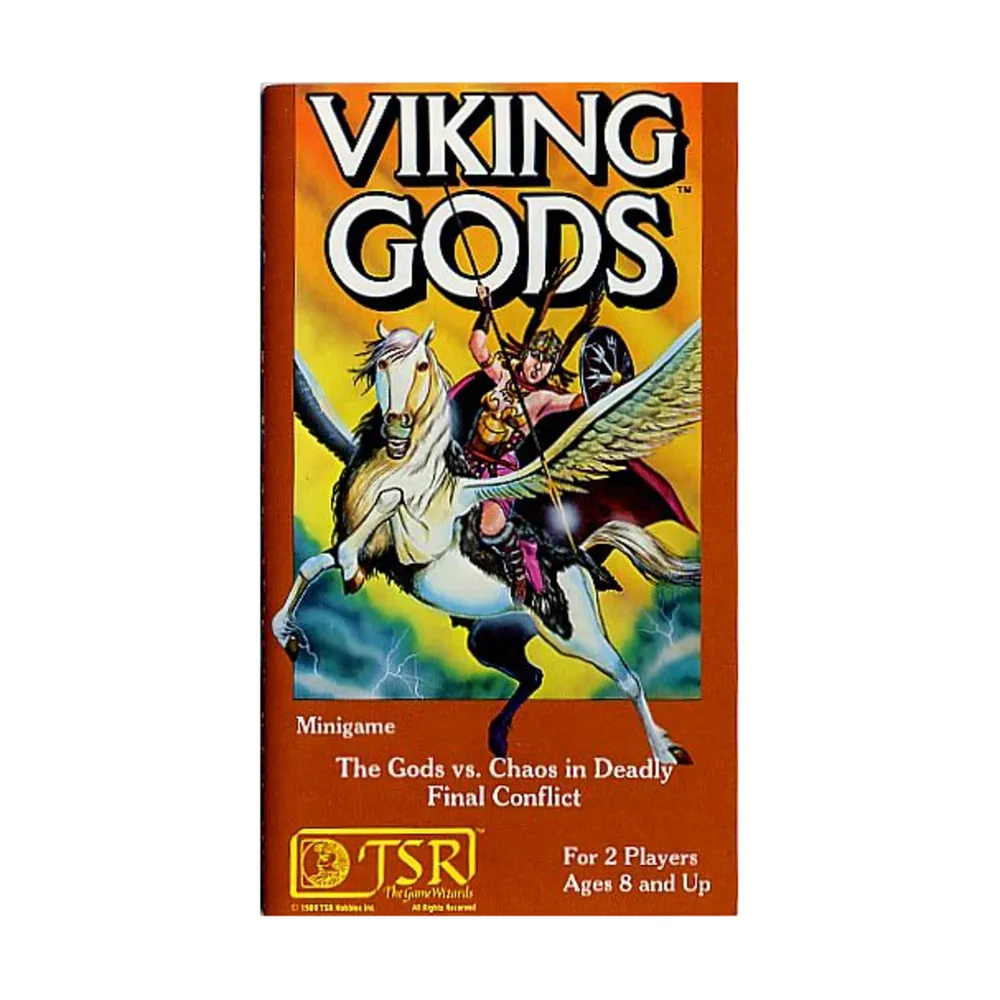Viking Gods (1982)
Viking Gods
“Viking Gods” is a board game that is popular and significant due to its historical and cultural connections to the Viking era. The game is believed to have originated from the Roman game “Latrones” and was played in the Viking homelands in Scandinavia as early as 400 AD. It was a wargame simulating the battle of Ragnarök between Odin and the other gods of Asgard and Loki and the Forces of Chaos. The game was popular during the Dark Ages in Northern Europe, and its popularity persisted until the 11th century when chess gained prominence.
Game Components of Viking Gods
How To Setup Viking Gods
Setting up the game involves placing the tokens for the Gods and the forces of Chaos on their respective starting positions on the board. The Rainbow Bridge is also set up, and the Hela token is placed according to the rules. The game is ready to begin once all pieces are in their starting positions.
Gameplay Mechanics and Game Objective
Game Objective
Gameplay Mechanics
Player Experience
**Viking Gods** offers a unique blend of strategy and mythology, appealing to fans of Norse lore. The game is relatively simple yet engaging, with each character having special abilities that add depth to the gameplay. Despite some flaws, it provides good entertainment and is particularly enjoyed by those who appreciate fantasy and mythology-oriented games.
Pros
Cons
Personal Thoughts on Viking Gods
**Viking Gods** is ideal for fans of Norse mythology and those who enjoy light to medium-strategy games. It is a great addition to any collection of vintage board games, especially for those interested in the early works of TSR and the design of Allen Hammack. While it may not appeal to everyone, particularly those who prefer more complex or modern game mechanics, it remains a fun and nostalgic game that captures the essence of Ragnarok.
We are supported by our audience. When you purchase through links on our site, we may earn an affiliate commission, at no extra cost for you. Learn more.

